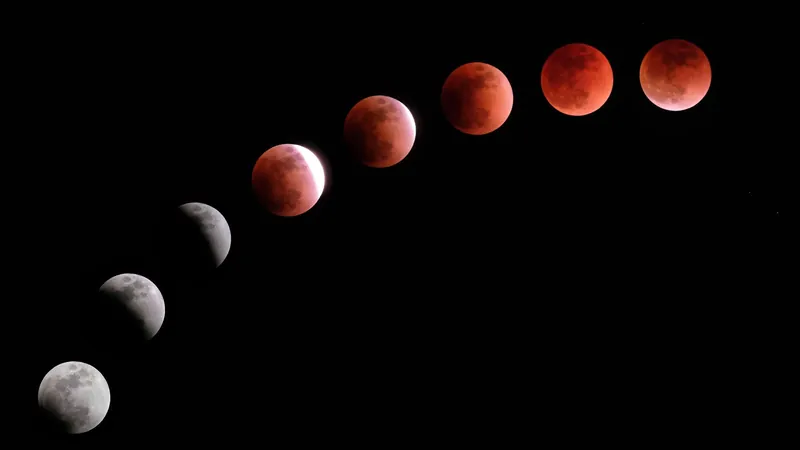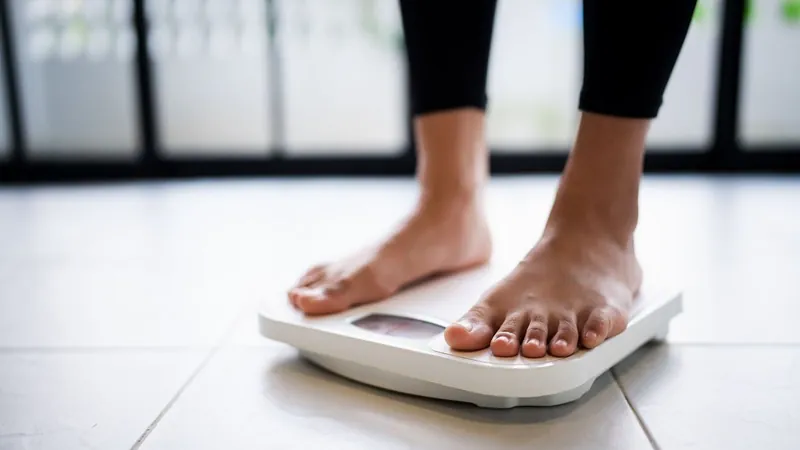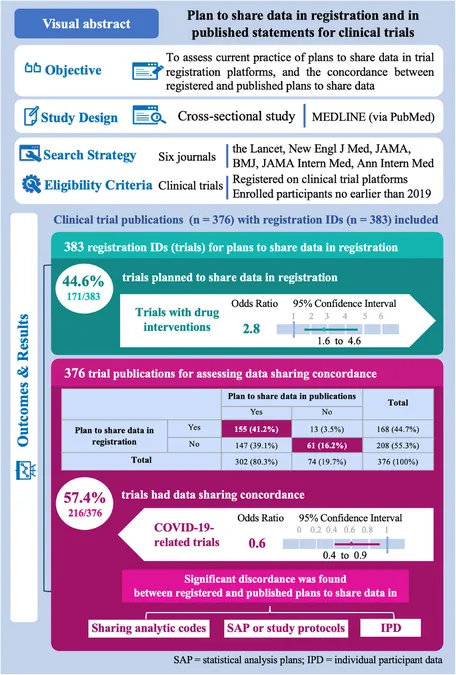
Unlocking Anxiety Relief: How Just One Dose of LSD Could Change Everything
2025-09-07
Author: Amelia
Anxiety's Daily Battle
Anxiety infiltrates our everyday lives, disrupting our focus, straining relationships, and turning even the simplest tasks into overwhelming challenges. While traditional treatments are available, they often fall short for many who need them.
Could Psychedelics Be the Key?
As some individuals struggle with antidepressants—either unable to tolerate them or finding little relief— researchers are daring to ask: can psychedelics like LSD offer a solution?
Breakthrough Research at MindMed
Recently, a pioneering study by a team at MindMed in New York explored the effects of LSD on generalized anxiety disorder (GAD). Their goal? To determine if a single dose could alleviate symptoms when conventional therapies fail.
Known for its hallucinogenic properties, LSD is believed to do more than produce vivid experiences; it's thought to boost serotonin levels, a key chemical influencing our mood, and facilitate the formation of new thought patterns that could disrupt cycles of fear and anxiety.
The Shortcomings of Standard Treatments
GAD is not just about occasional stress; it manifests as persistent worry about finances, relationships, health, and daily life. Although treatment often includes therapy combined with SSRIs (selective serotonin reuptake inhibitors), many patients experience only minor improvements or debilitating side effects like emotional numbness.
The Groundbreaking Study
Involving 198 adults suffering from severe anxiety, participants ceased their regular medications while those already in therapy continued. Initial evaluations revealed symptom severity far exceeding recognized thresholds for severe anxiety.
Participants were divided into five groups, with four receiving LSD doses ranging from 25 to 200 micrograms, while the fifth received a placebo. The results? Overwhelmingly positive: those receiving the higher doses experienced significant relief within just one day.
Remarkable Results After One Month
One month later, anxiety scores for those taking 100 or 200 micrograms dropped by approximately 20 points, with nearly half of them achieving full remission. In stark contrast, the lower doses mirrored placebo effects with little added benefit.
Understanding the Placebo Effect
Interestingly, the placebo group also reported some improvements, with scores decreasing by 14 to 17 points. This highlights a common phenomenon in anxiety research, where the supportive environment of clinical trials can foster a sense of relief. However, the higher doses of LSD demonstrated a clear advantage, confirming the drug's efficacy.
Side Effects and Considerations
Notably, the study did uncover side effects: some participants experienced nausea and headaches shortly after ingestion, while hallucinations were more frequently reported at elevated doses. Many participants could correctly identify whether they received LSD, complicating the evaluation of the drug's effects.
A New Horizon for Anxiety Treatment
Independent analysts hailed these findings as groundbreaking, noting that the reductions in anxiety were both statistically and clinically significant. The implications of these results extend beyond numbers; they could transform how individuals manage their daily lives.
The Road Ahead
Encouraged by these promising results, the U.S. FDA has granted LSD therapy from MindMed a special status to expedite the development of this innovative treatment. Ongoing trials will further investigate the sustained benefits of this therapy and its underlying mechanisms.
Psychedelics: A New Frontier in Psychiatry
While LSD is not on the verge of becoming a common prescription, this research adds to the evidence that psychedelics may play a critical role in mental health treatment. For those burdened by anxiety who have found little solace in conventional options, the prospect of lasting relief from a single dose is a beacon of hope.
Experts underscore the necessity for further research to ensure safety, clarify long-term effects, and establish appropriate dosing protocols. Ultimately, the tide may be turning in psychiatry, as we look toward more unorthodox, but potentially transformative, psychedelic treatments for mental health challenges.
This compelling study is published in the journal JAMA.









 Brasil (PT)
Brasil (PT)
 Canada (EN)
Canada (EN)
 Chile (ES)
Chile (ES)
 Česko (CS)
Česko (CS)
 대한민국 (KO)
대한민국 (KO)
 España (ES)
España (ES)
 France (FR)
France (FR)
 Hong Kong (EN)
Hong Kong (EN)
 Italia (IT)
Italia (IT)
 日本 (JA)
日本 (JA)
 Magyarország (HU)
Magyarország (HU)
 Norge (NO)
Norge (NO)
 Polska (PL)
Polska (PL)
 Schweiz (DE)
Schweiz (DE)
 Singapore (EN)
Singapore (EN)
 Sverige (SV)
Sverige (SV)
 Suomi (FI)
Suomi (FI)
 Türkiye (TR)
Türkiye (TR)
 الإمارات العربية المتحدة (AR)
الإمارات العربية المتحدة (AR)